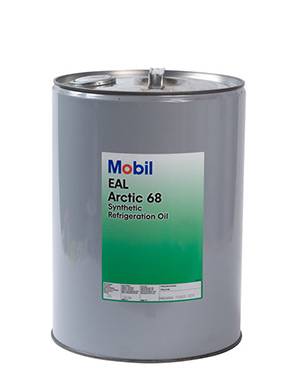dec . 07, 2024 00:35 Back to list
pvc pipe drip irrigation
The Benefits of Using PVC Pipe for Drip Irrigation
Drip irrigation is an efficient way to deliver water directly to the plant roots, minimizing evaporation and runoff. Among the various materials used for drip irrigation systems, PVC (polyvinyl chloride) pipes are gaining popularity due to their durability, cost-effectiveness, and versatility. This article explores the advantages of using PVC pipes in drip irrigation systems and how they contribute to sustainable agricultural practices.
Durability and Longevity
One of the major benefits of PVC pipe is its durability. Unlike many other materials, PVC is resistant to corrosion, rust, and degradation from chemicals in the soil. This makes PVC pipes ideal for long-term use in various weather conditions. They can withstand extreme temperatures, from scorching heat to freezing cold, ensuring that the drip irrigation system remains operational year-round. The longevity of PVC pipes means that farmers won’t need to frequently replace their irrigation systems, reducing long-term costs and labor.
Cost-Effectiveness
PVC pipes are generally more affordable compared to other materials, such as metal or polyethylene. The lower initial investment can be particularly beneficial for smallholder farmers or those operating on a tight budget. Additionally, the durability of PVC helps farmers save money over time. Since PVC pipes have a long lifespan and require less maintenance than other types, the overall cost of installation and upkeep can be significantly reduced.
Lightweight and Easy to Install
pvc pipe drip irrigation

Another advantage of using PVC pipes in drip irrigation systems is their lightweight nature. This makes transportation and installation easier compared to heavier options. Farmers can handle PVC pipes without needing specialized equipment, allowing for a more straightforward installation process. The ease of installation can also facilitate faster adoption of drip irrigation methods among farmers, leading to enhanced water efficiency in agriculture.
Versatility in Design
PVC pipes come in a variety of sizes and configurations, making them versatile for different agricultural systems. Farmers can customize their drip irrigation design to meet the specific needs of their crops, whether they are growing vegetables, fruits, or flowers. The flexibility of PVC means that it can be used for both small-scale garden systems and large agricultural operations. Additionally, PVC pipes are compatible with various drip emitters, which further enhances their functionality and efficiency in water delivery.
Environmental Benefits
By utilizing PVC pipes in drip irrigation systems, farmers can contribute to environmental sustainability. Drip irrigation itself is a water-saving technology, allowing farmers to apply water more efficiently and reduce wastage. When combined with PVC pipes, the system can reduce the overall environmental impact of agricultural practices. Properly managed drip irrigation can lead to improved soil moisture retention, reduced soil erosion, and optimized fertilizer use, thereby promoting healthier crops and preserving natural resources.
Conclusion
In conclusion, PVC pipes are an excellent choice for drip irrigation systems due to their durability, cost-effectiveness, lightweight nature, versatility, and environmental benefits. As water scarcity becomes an increasingly pressing issue around the world, the need for efficient irrigation solutions has never been more critical. By adopting PVC pipe drip irrigation systems, farmers can enhance their productivity while conserving water and protecting the environment. As agriculture continues to evolve, embracing modern techniques like drip irrigation with PVC pipes will be essential in fostering a sustainable future for farming.
-
Durable PP Rigid Sheet: Lightweight, Chemical Resistant Solutions
NewsAug.21,2025
-
PVC Grey Sheet for Extraction: Chemical Resistant & Durable
NewsAug.19,2025
-
Durable PVC Pipe Fittings for Plumbing & Irrigation Needs
NewsAug.18,2025
-
HDPE Steel Belt Reinforced Spiral Corrugated Pipe | High Strength
NewsAug.17,2025
-
HDPE Pipe Fittings: Durable, Leak-Proof Solutions
NewsAug.16,2025
-
Premium CPVC Sheet: High-Temp & Chemical Resistant Solutions
NewsAug.15,2025

